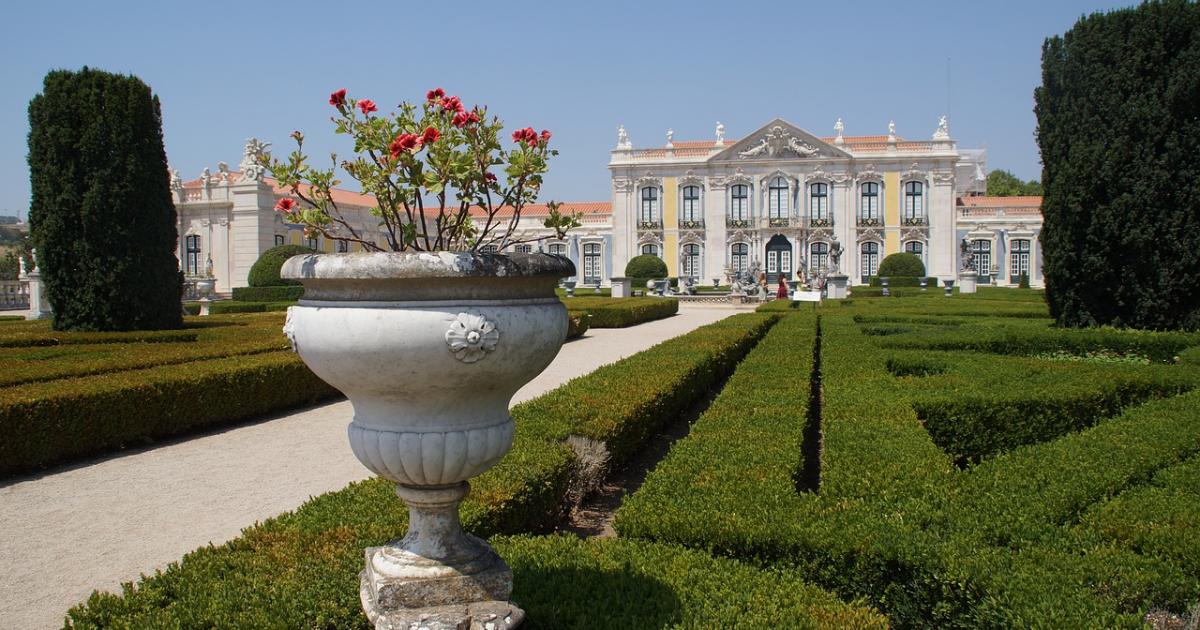European capital of the social economy? Portugal has five
In a true spirit of solidarity, the title was divided between 5 municipalities
This year, not only does Portugal chair the Council of the European Union, but it also assumes the role of leader in the Follow-up Committee of the Luxembourg Declaration. For the uninitiated, this means that a city on its territory obtains the honor of being declared European Capital of Social Economy.
In a true demonstration of solidarity spectacle, which would be exactly in the spirit of what the social economy represents, the prestigious status was shared between 5 cities – Sintra, Braga, Cascais, Coimbra and Torres Vedraswho all signed a letter of commitment to the initiative on March 29 at the National Palace of Queluz in the municipality of Sintra.
The social economy sector is the one that bridges the gaps between public and private initiatives
The social economy sector in society is sometimes called the third sector, or in other words, it is where private initiative and entrepreneurship aim to complement and add value to areas that the public sector has neglected or has not been able to cover. The sector’s goal is to do this on a not-for-profit basis. This is the domain of non-profit organizations, associations, foundations, professional collectives and volunteers.
“In Sintra, the social economy sector stands out for the number and diversity of organizations, with 1,207 entities, representing 2% of the national total distributed in different segments, such as culture, social services, religious organizations, education, health and environmental protection. “, said Basílio Horta, the mayor of the symbolic host city of Sintra.
This municipality, for example, has developed specific funding programs, such as Financial Support for Non-Profit Institutions (PAFI), as well as emergency funds aimed at providing much-needed support to this sector during the Covid-19 pandemic. 19.
The capitals of the social economy are responsible for promoting the ambitions and visions of the Luxembourg declaration (which has 18 signatory countries) for smarter, sustainable and inclusive development, social cohesion, full employment, better governance and the eradication of poverty.


/cloudfront-eu-central-1.images.arcpublishing.com/prisa/XUXTINYVZEOMO5YYOA6UOMGAFE.jpg)



/cloudfront-eu-central-1.images.arcpublishing.com/prisa/YICG4UUPGBGG5CNHHW4HYQYBNE.jpg)





